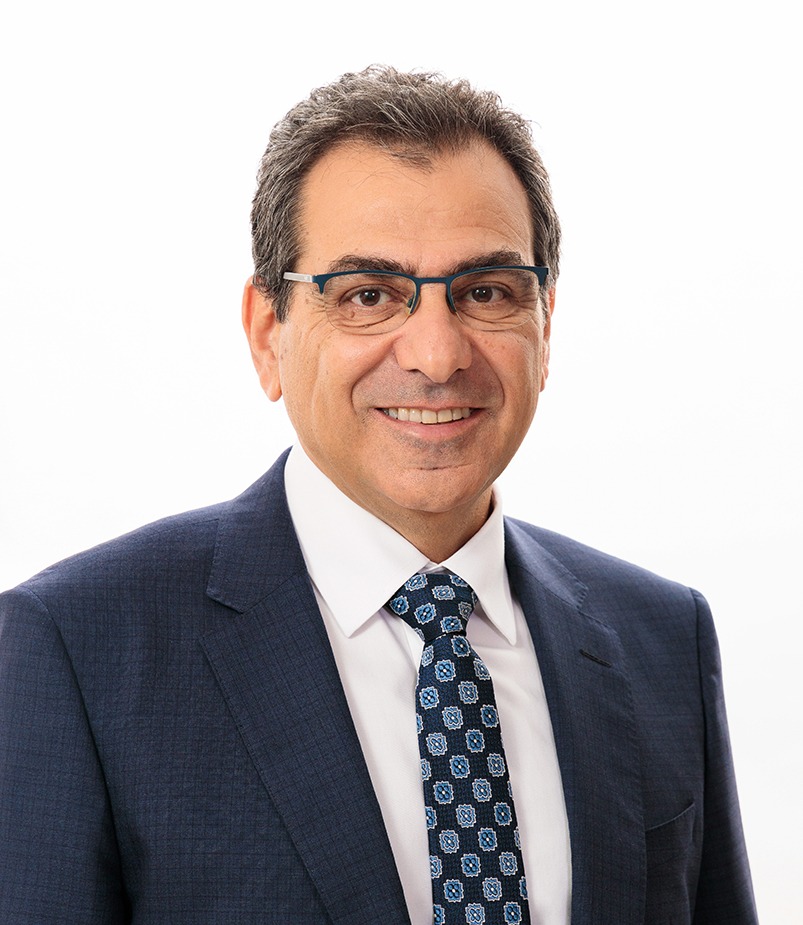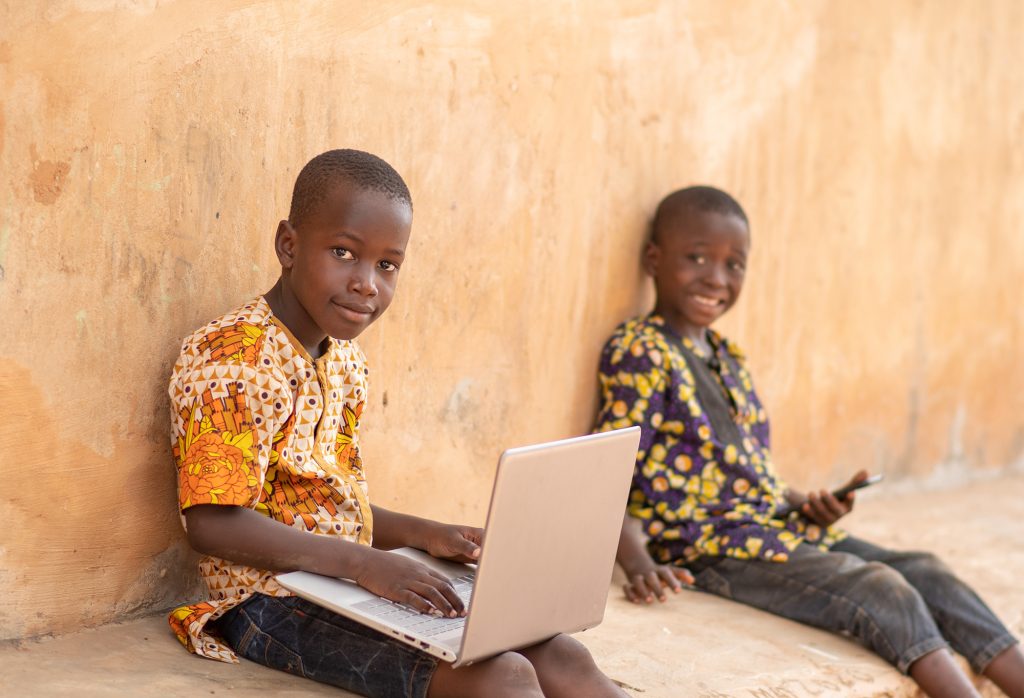Last month, there was widespread excitement at the news that India had overtaken China as the world’s most populous country.
There was a lively debate about the consequences of this development, both for the countries concerned and for the world at large.
Amidst the discussions about Asia, though, the demographic future of another continent, Africa, was completely overlooked.
A quarter of the world’s population will be African soon
A recent study by the Washington-based Population Reference Bureau (PRB) found that Nigeria, the Democratic Republic of Congo (DRC) and Ethiopia will be the three most populous countries on the continent with a combined population of 600 million by 2035 and 800 million by 2050.
By the late 2030s, sub-Saharan Africa’s working-age population will be one billion strong (the size of the working-age population in India today), and it will be home to over 50% of the world’s young people.
By 2050, about every fourth person living on this planet will be African.
Demographic growth led to great social and economic development in China and India. Will this be the case in Africa?
Like young people anywhere else in the world, Africa’s youth deserve decent education and employment, safety, and healthy environmental conditions.
Sub-Saharan Africa still faces immense challenges with regard to food security, water access, energy, education, housing, healthcare, job creation, infrastructure, urbanisation and civil services.
Large working-age population is beneficial to investments
The silver lining is that places where most people are of working age are always the best for investment.
Investment and development are, of course, crucial to ensure that the pace of population growth does not undermine existing efforts to achieve the 17 UN Sustainable Development Goals, including eradicating poverty and hunger.
Technology and innovation will be critical to address these challenges and to ensure that Africa reaps the same economic benefits of its demographic shift as China and, to an extent, parts of India have in the past.
This is why innovation and leadership can bring this to fruition. In partnership with the world’s major food companies, solutions need to be developed and implemented in the areas of agri-tech and food-tech.
Health-tech solutions and innovative telemedicine must be used to address challenges in the healthcare arena.
Finally, technological infrastructure must be harnessed to reduce gaps and boost economic growth, for example, by using AI-based technologies to promote agriculture, water, and energy.
Africa must itself become a new centre for start-ups, with the next generation of world-changing entrepreneurs emanating from the continent.
Africa is set to shape our shared destiny
We call on EU decision-makers to join Africa’s leaders to tackle the challenges of the continent head-on and reap the benefits of African population growth, creating new jobs and securing long-term economic and social growth.
The Partnership for Global Infrastructure and Investment (PGII), Prosper Africa, Power Africa, and Feed the Future are just a few of the international initiatives that are beginning to facilitate foreign investment and innovation in Africa. But we have much more work to do.
n recent years, Europe’s leaders, business communities, and social organisations have woken up to the realisation that what happens in Africa has a direct impact on their own countries.
We have already been working in Africa for ten years, and we have no intention of slowing down as we believe that Africa is the future.
It is an amazing, exciting, and challenging continent which will shape our shared destiny. The sooner we all recognise this, the better.
Article written by Yaron Tchwella, CEO of Mitrelli Group, published in EuroNews


